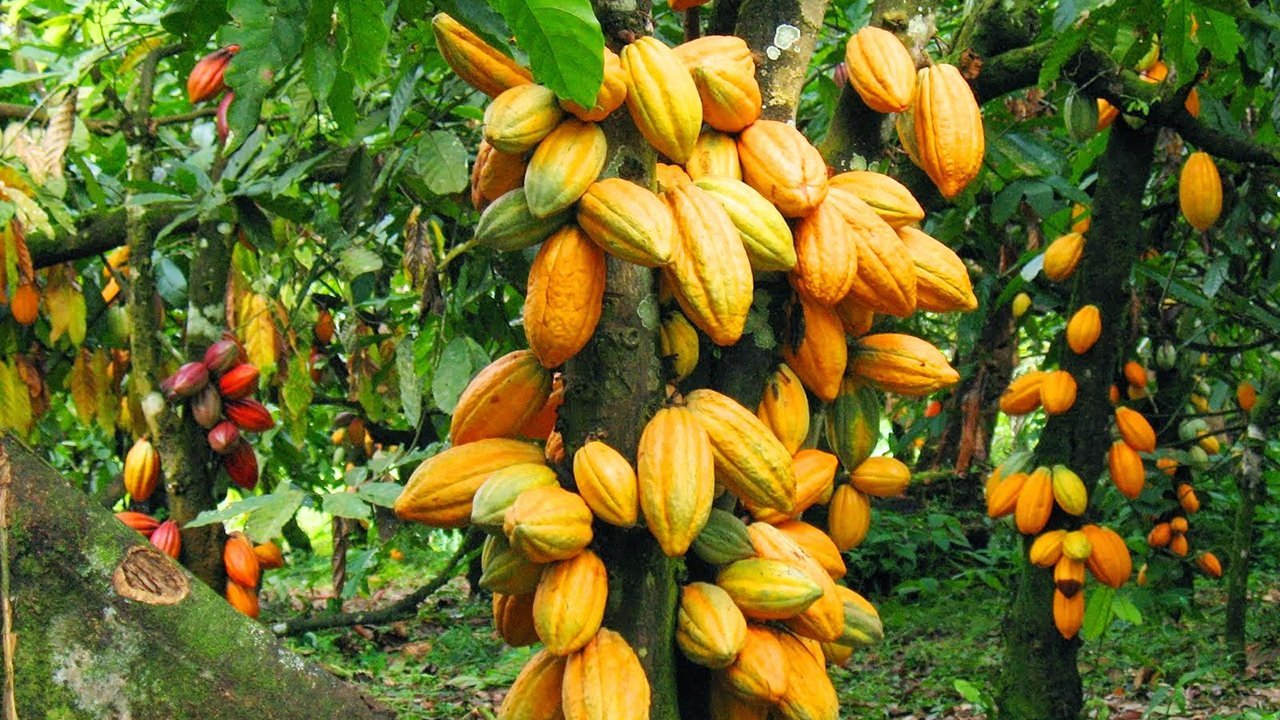The United States Department of Agriculture (USDA), through its Food for Progress program, disclosed that it is ready to support cocoa producing states in Nigeria with $22 million to improve the cocoa value chain in the country.
The counselor for Agricultural Affairs, U.S Mission Nigeria, Gerald Smith, disclosed that the program aims to achieve a triple bottom line of people, profit, and planet through an approach that will enable farmers to not only produce more cocoa but to also preserve the land’s fertility and biodiversity.
The Food for Progress program is the cornerstone of USDA’s foreign agricultural service with the two principal objectives of improving agricultural productivity and expanding trade of agricultural products through a variety of programs.
Edo Farmers Receive CFAN’s Cocoa GAP Handbook
The program solicits project proposals each year from eligible bodies like intergovernmental organizations, private voluntary organizations, foreign governments, cooperatives, and nongovernmental organizations, to help developing countries modernize and strengthen their agricultural practices by providing capacity-building opportunities.
The project is expected to be implemented over the next five years to increase cocoa productivity by leveraging climate smart agricultural measures and by targeting farmers in low productivity but highly promising areas, as well as farmers in high density, high productivity communities from Ondo, Osun, Ekiti, Akwa-Ibom, Abia, and Cross Rivers States as beneficiary states.
AFEX Launches Planting of 1 Million Cocoa Trees
Smith reiterated that the project has trained farmers in animal and plant health, improved farming methods, developed road and utility systems, established producer cooperatives, provided microcredit, and developed agricultural value chains over the years.
He added that the program is staffed with dedicated agri-business specialists who work closely with Nigerian partners to assist the country in improving agricultural productivity, food distribution, food security, and trade.



